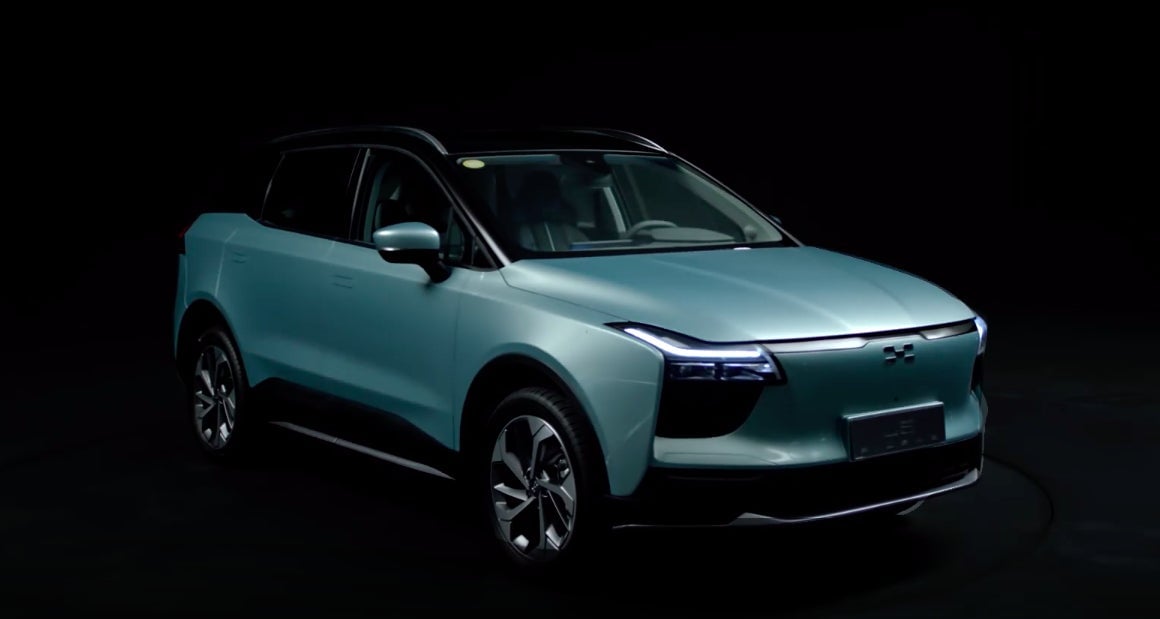This could be the first Chinese-brand electric car sold in Europe
China’s automakers have long wanted to expand beyond their home market. While they’ve made a little progress in Southeast Asia and Africa, they’ve had scant success in developed markets like the US and Europe.


China’s automakers have long wanted to expand beyond their home market. While they’ve made a little progress in Southeast Asia and Africa, they’ve had scant success in developed markets like the US and Europe.
That isn’t stopping Aiways, an electric-vehicle startup based in Shanghai, from trying. The four-year-old company recently told Quartz it plans to offer its flagship car, the U5, in Germany, France, Switzerland, Norway, and the Netherlands next spring. If all goes to plan, Aiways will become the first Chinese-brand electric car offered in Europe.
The company’s strategy involves skipping dealerships and offering consumers direct online sales and leasing. That will help it reduce costs and compete with traditional gas guzzlers, Alexander Klose, vice president for overseas operation, told the Financial Times (paywall). The U5, he added, will be priced at less than €40,000 ($44,700).
On the leasing front, Aiways is talking to Vehiculum, a German startup offering an online leasing marketplace. Klose didn’t say how much it would cost to lease the U5, but he did mention that agreements of less than a year would not be offered. By contrast, Lynk & Co branded vehicles, made by Chinese carmaker Geely, will be offered in Europe next year via monthly subscription.
Aiways’s timeline might be too ambitious, however. Due to government restrictions in China, the company only recently secured a license to manufacture cars. Partnering with Chinese automaker Jiangling Motors (link in Chinese), it will start mass-producing the U5 for the domestic market in September, just eight months before it wants to deliver the model to Europe, which has different safety standards.
A delay would come as little surprise: China’s BYD, the world’s biggest EV maker (paywall), has postponed its plans to sell electric cars in the US at least three times.
And, of course, success is far from guaranteed. “Chinese automakers have attempted many different methods to enter overseas markets,” Quin Garcia, managing director at San Francisco-based Autotech Ventures, told Quartz, “The fundamental question I would ask is, ‘What would cause a European consumer to choose the Chinese Aiways vehicles over other vehicle offerings available to these consumers in the European market?'”
China, for all its automotive ambition, exported only around 760,000 passenger cars (link in Chinese) last year.
Meanwhile, auto sales in China contracted last year for the first time in two decades, a decline that is likely to continue amid an economic slowdown. Of course, that gives Chinese carmakers all the more motivation to gain a foothold in overseas markets. Great Wall Motors aims to boost its shipments to South Africa, Chile, and Russia by a third this year.
Electric vehicles remain a bright spot for China. Even amid last year’s slowdown, EV sales continued to grow. The government sees electrics as a way for Chinese automakers to gain a foothold in developed markets. And with trade war tensions clouding prospects in the US, Europe appears to be a more promising destination at the moment.
How well Aiways performs there will be closely watched.
Looking for more in-depth coverage? Sign up to become a member and read more in-depth coverage of China’s electric-car boom in our field guide.